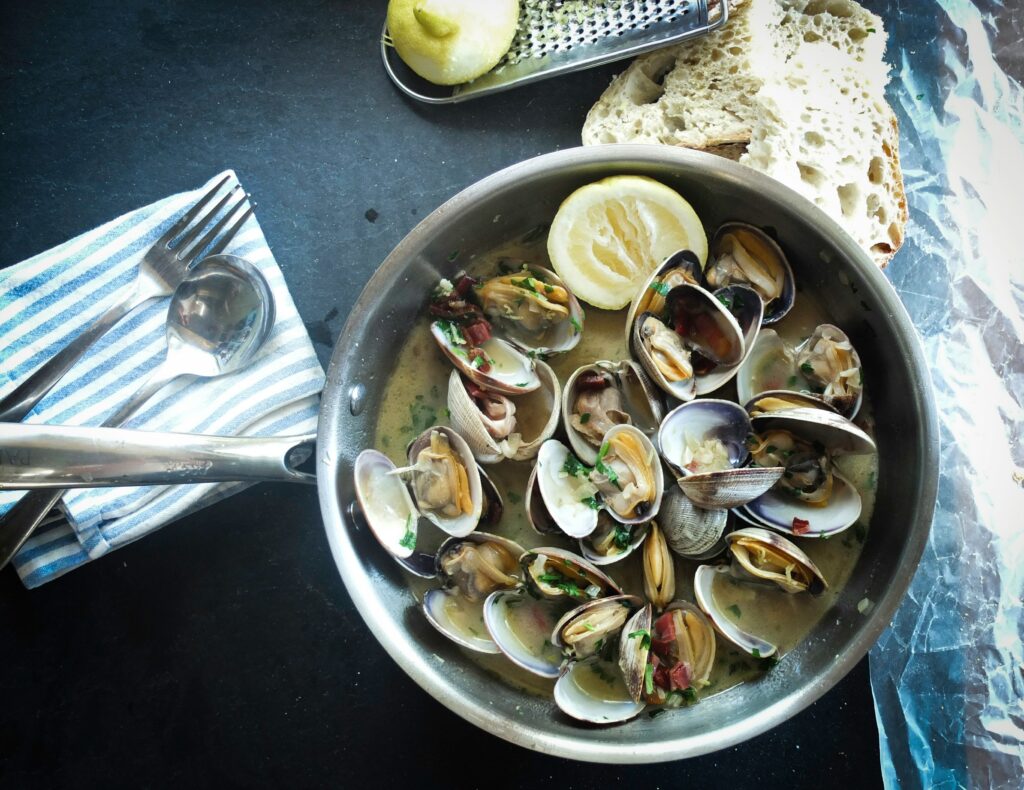China has agreed to resume importing Japanese seafood after banning it in 2023 due to concerns about nuclear wastewater from the Fukushima plant. The announcement came following talks between Japanese and Chinese officials in Beijing. Japan’s Agriculture Minister Shinjiro Koizumi described the agreement as an important step for Japan’s seafood industry. China confirmed substantial progress but has yet to officially declare a full deal. Japan’s Foreign Minister Takeshi Iwaya said the move helps ease deeper tensions between the two countries. However, China still bans seafood from ten Japanese prefectures, including Fukushima. Japan plans to continue diplomatic efforts to remove these remaining restrictions.
The ban was originally put in place because China was worried about treated radioactive wastewater released from the Fukushima nuclear plant. Beijing claimed the release posed a threat to marine ecosystems and coastal communities on its eastern shores. Japanese officials defended the move, stating it was safe and met international radiation standards. They explained that the release was necessary to prevent leaks and to continue the cleanup of the damaged plant. Since March 2025, Japan and China have held three rounds of talks that led to this recent technical agreement. The Japanese Foreign Ministry noted progress but did not give a timeline for when seafood exports will fully resume.
Before the ban, China bought over one-fifth of Japan’s seafood exports, making it the largest market for these products. The import ban hurt Japan’s fisheries, especially scallop producers. Seafood makes up a small part of Japan’s overall exports, so the broader trade effects were limited. To help exporters, Japan created an emergency relief fund aimed at finding new markets. The Fukushima plant’s operator, TEPCO, also promised compensation to businesses hurt by the restrictions.
The Fukushima nuclear plant was severely damaged by the 2011 earthquake and tsunami. The meltdowns forced engineers to use seawater to cool the reactors, which created large amounts of radioactive wastewater. Japan treated and diluted the water before releasing it into the Pacific Ocean in August 2023. Despite these precautions, the release sparked protests inside Japan and in neighboring countries. Fishing groups worry it could harm the reputation of Japanese seafood. Critics in South Korea and China share environmental and health concerns. Japan insists the treated water is safe, but many remain skeptical.
Although this agreement marks progress, China’s ban on seafood from ten prefectures remains in place. Japan will continue diplomatic work to fully lift these bans. This development may improve the tense relationship between Tokyo and Beijing.


